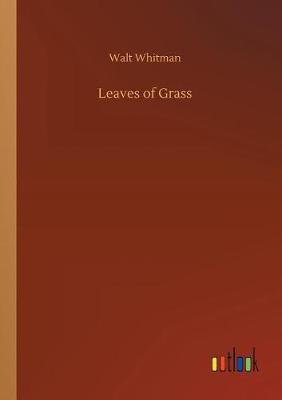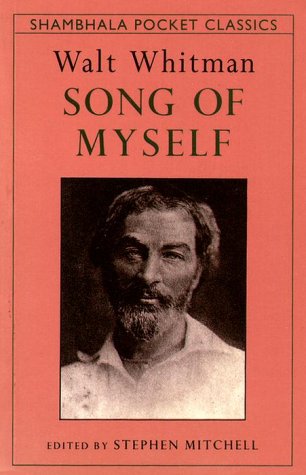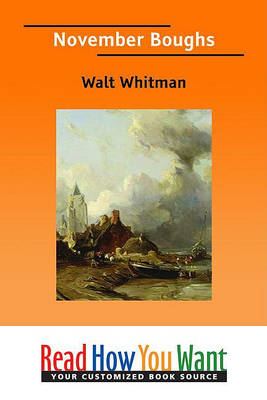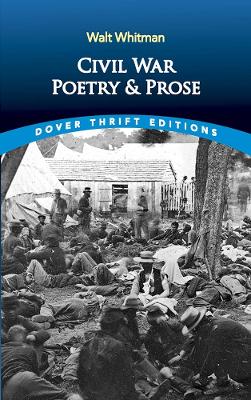Dover Thrift Editions
5 total works
A Penguin Classic
When Walt Whitman self-published his Leaves of Grass in July 1855, he altered the course of literary history. One of the greatest masterpieces of American literature, it redefined the rules of poetry while describing the soul of the American character. Throughout his great career, Whitman continuously revised, expanded, and republished Leaves of Grass, but many critics believe that the book that matters most is the 1855 original. Penguin Classics proudly presents that text in its original and complete form, with an introductory essay by the writer and poet Malcolm Cowley.
“I celebrate myself, and sing myself,
And what I assume you shall assume,
For every atom belonging to me as good belongs to you.”
For more than seventy years, Penguin has been the leading publisher of classic literature in the English-speaking world. With more than 1,700 titles, Penguin Classics represents a global bookshelf of the best works throughout history and across genres and disciplines. Readers trust the series to provide authoritative texts enhanced by introductions and notes by distinguished scholars and contemporary authors, as well as up-to-date translations by award-winning translators.
Do I contradict myself?
Very well then I contradict myself.
(I am large, I contain multitudes.)
Abundant, ecstatic, generous, courageous - this is the first American epic poem, a celebration of selfhood and a catalogue of nineteenth-century American life of all ages and races. Revolutionary in style and controversial in content when it was first published in 1855, Whitman's masterwork has since inspired generations with its intoxicating rhythms and images, and its inclusive, praiseful joy.
THE ORIGINAL 1855 TEXT




